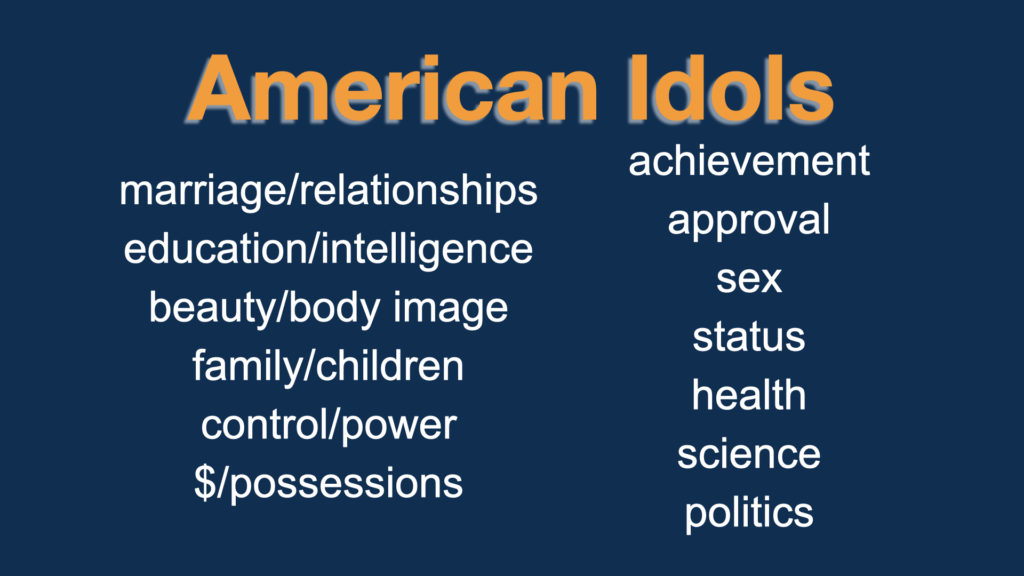
A couple of weeks ago, as I was preparing for upcoming lectures on theological interpretation, I came across this “plausible and sobering picture” in the Preface of Vanhoozer’s, The Drama of Doctrine (p. xii).
Vanhoozer quotes Alan Wolfe, sociologist from Boston College, who wrote a book back in 2003, The Transformation of American Religion: How We Actually Live Our Faith. He wrote,
“Evangelical churches lack doctrine because they want to attract new members. Mainline churches lack doctrine because they want to hold on to those declining numbers of members they have.”
Notice that Wolfe treats both sides, evangelicals and mainliners. So he recognized this phenomenon 20 years ago.
Do you think the situation has gotten better or worse? Do you ever feel that pressure?
This made me reflect on the Apostle Paul’s statement to the elders in Ephesus recorded in Acts 20:27
for I did not shrink from declaring to you the whole counsel of God.
The Holy Bible: English Standard Version (Wheaton, IL: Crossway Bibles, 2016), Ac 20:27.
It made me wonder what could possibly cause Paul to shy away from certain Scripture in his day.
Wolfe identified the problem in our day. Vanhoozer wrote, “Christian doctrine is necessary for human flourishing: only doctrine shows us who we are, why we are here, and what we are to do” (p. xiii).
May our Lord receive glory in the church and in Christ Jesus (Ephesians 3:21) as we preach and teach as much of His Word as He gives us time and energy to do so.
Randal











